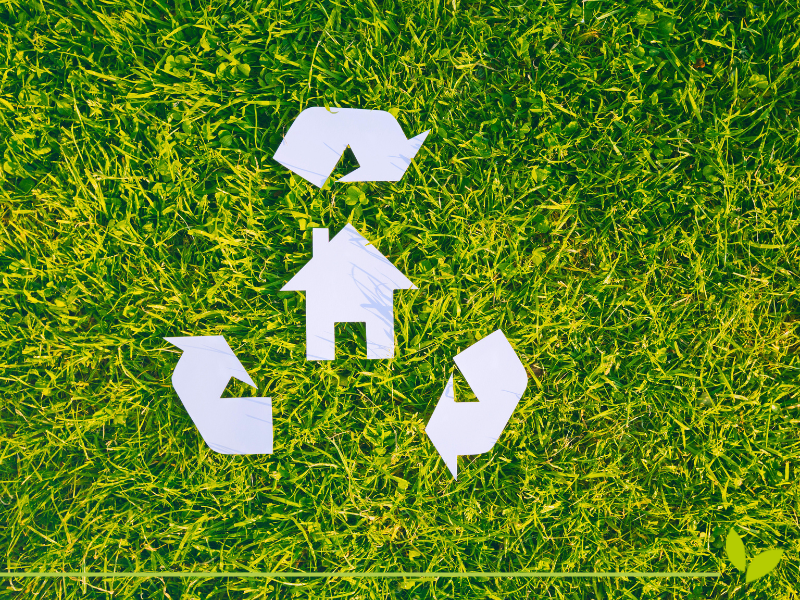At a time of growing ecological awareness, students are increasingly seeking to align their lifestyles with sustainable values. One of the crucial stages in this quest is the choice of student accommodation. Many green initiatives are emerging within student residences, aimed at reducing their carbon footprint and encouraging sustainable behavior among students. FAC-HABITAT is committed to this approach on a daily basis.
Discover the many ways in which living in student accommodation can reduce your environmental footprint:
- Selective sorting
FAC-HABITAT student residences are increasingly adopting efficient sorting programs, facilitating waste collection and recycling. Recycling bins are often provided in common areas, encouraging tenants to separate their recyclable waste from non-recyclable waste. This practice helps reduce the amount of waste sent to landfill.
- Shared gardens and composting
To encourage a more sustainable diet and reduce waste, FAC-HABITAT has set up shared gardens in several student residences, where students can grow fruit, vegetables and herbs. Composting of food waste is encouraged, offering an ecological solution for organic waste management and the production of natural fertilizer for the gardens!
- Saving energy
FAC-HABITAT student residences are implementing measures to reduce energy consumption, such as the installation of low-energy LED lighting systems. Increasingly, awareness campaigns are organized to encourage tenants to adopt energy-saving behaviors such as turning off lights when leaving a room and reducing the use of electronic devices.
- Saving water
We encourage students to reduce shower times to save water. Eco-foamers have been installed in the student residences to effectively reduce water consumption.
- Barter areas
Barter areas have been installed in around ten FAC-HABITAT student residences. This is a space where tenants can drop off their unused items in good condition, such as books, crockery, clothes, home decorations and office supplies, for their neighbors to give them a second life by collecting them free of charge.
It's a place of exchange and solidarity between tenants, helping to reduce waste, preserve natural resources and encourage students to consume more sensibly.
To find out more ;
- Choose sustainable transport. Walk, cycle or use public transport to get around. Organize carpools with friends or flatmates to reduce the number of vehicles on the road.
- Choose reusable products over disposable ones.
- Reduce packaging by choosing bulk products with minimal packaging.
- Opt for sustainable food by buying local and seasonal products whenever possible.
- Avoid food waste by planning your meals and saving leftovers for later meals.
By opting for all these small actions in their student accommodation and everyday life, students can make a significant contribution to reducing their carbon footprint and promoting a more sustainable world of living.



